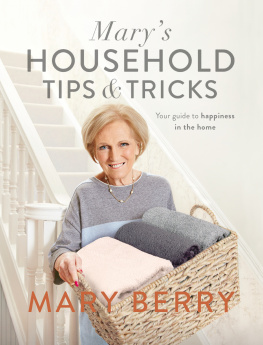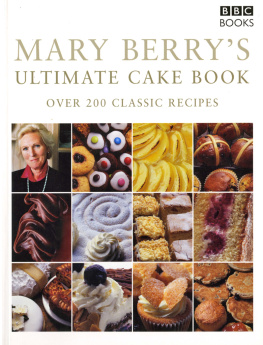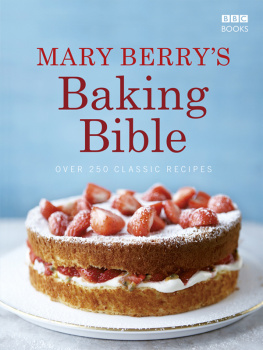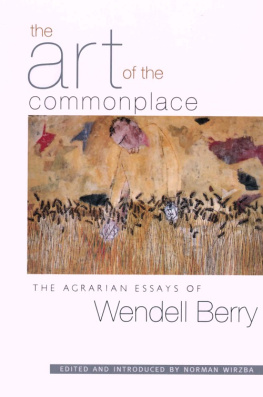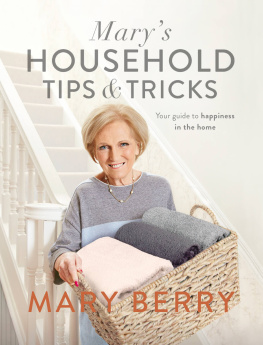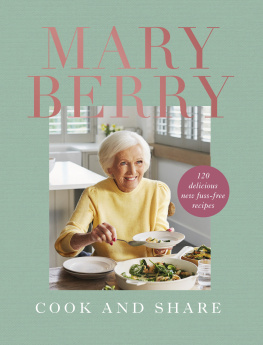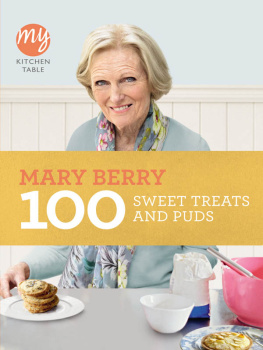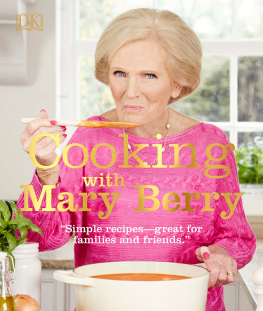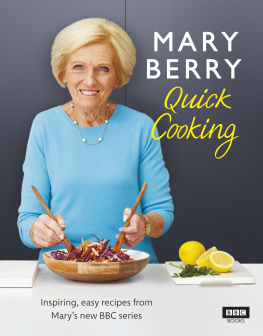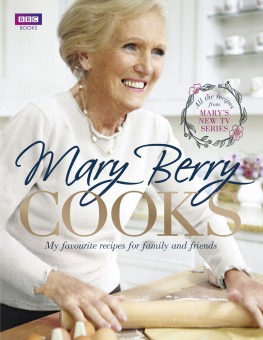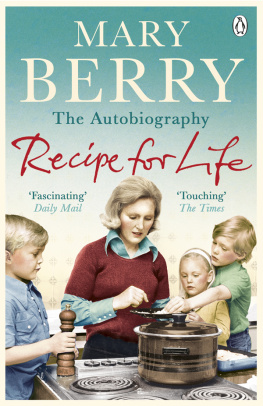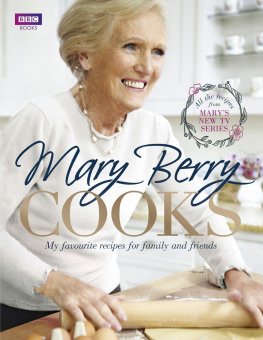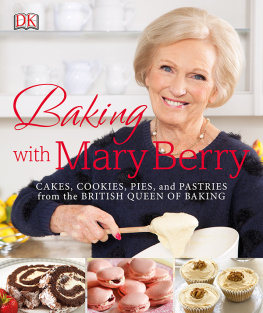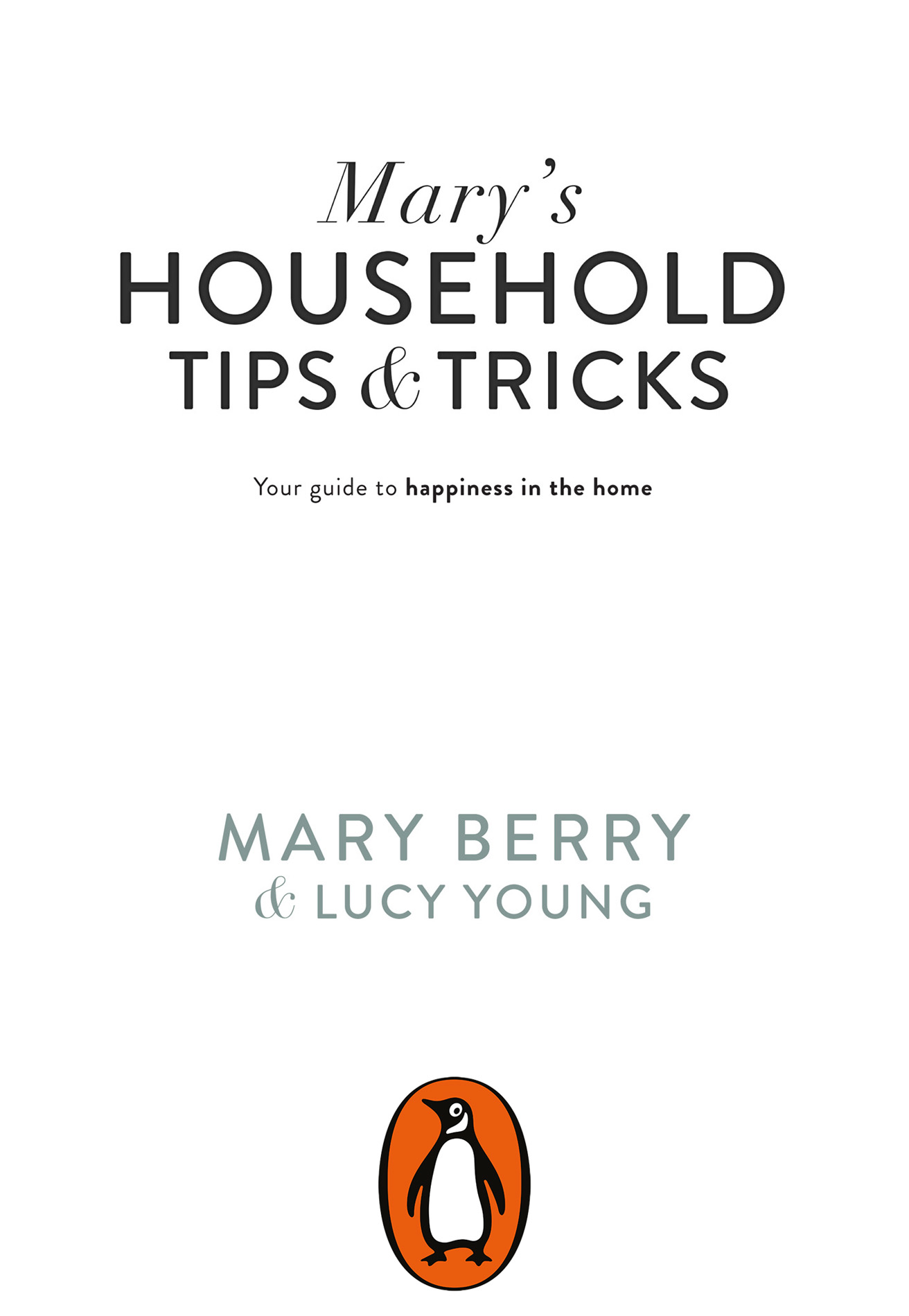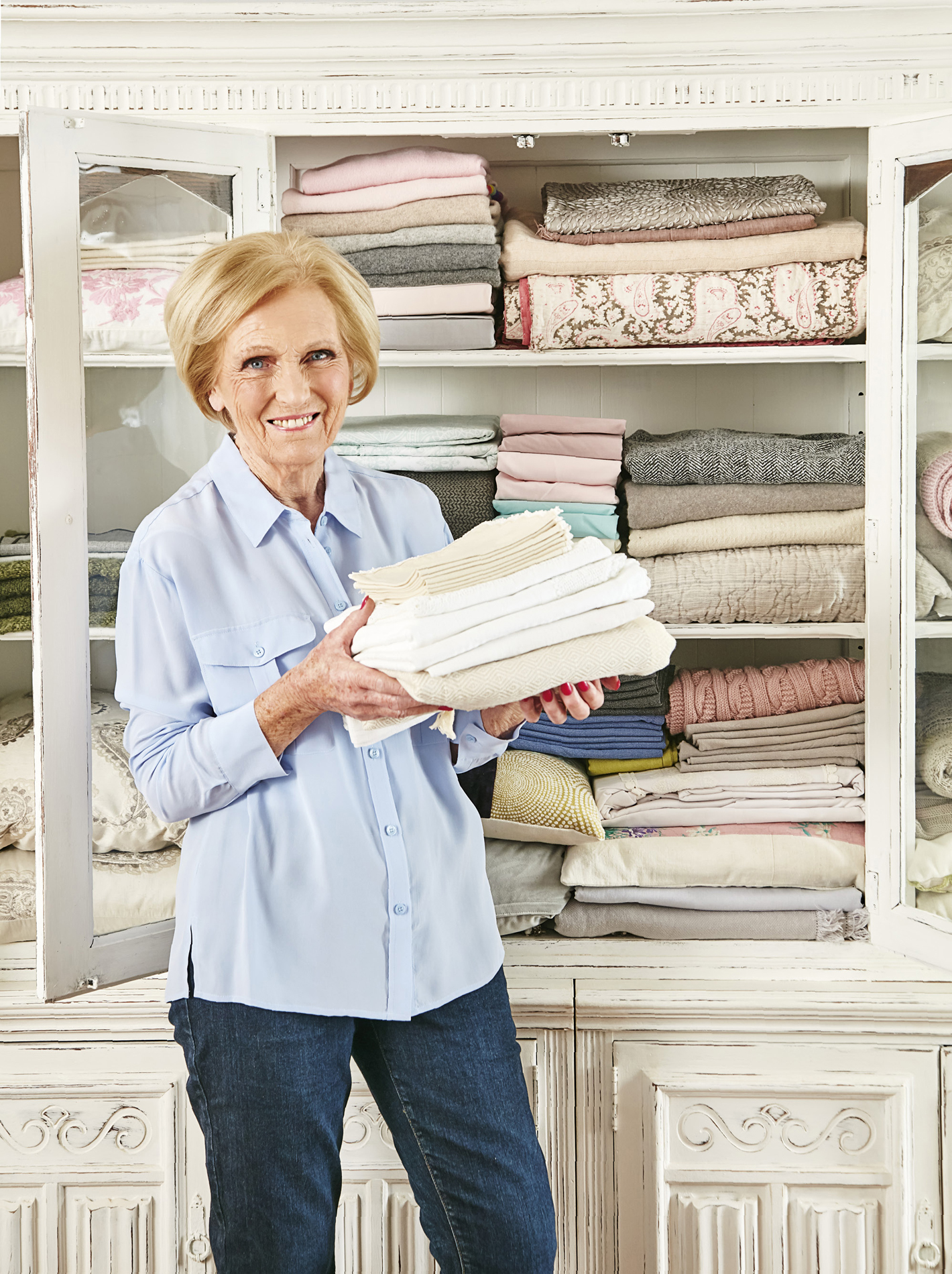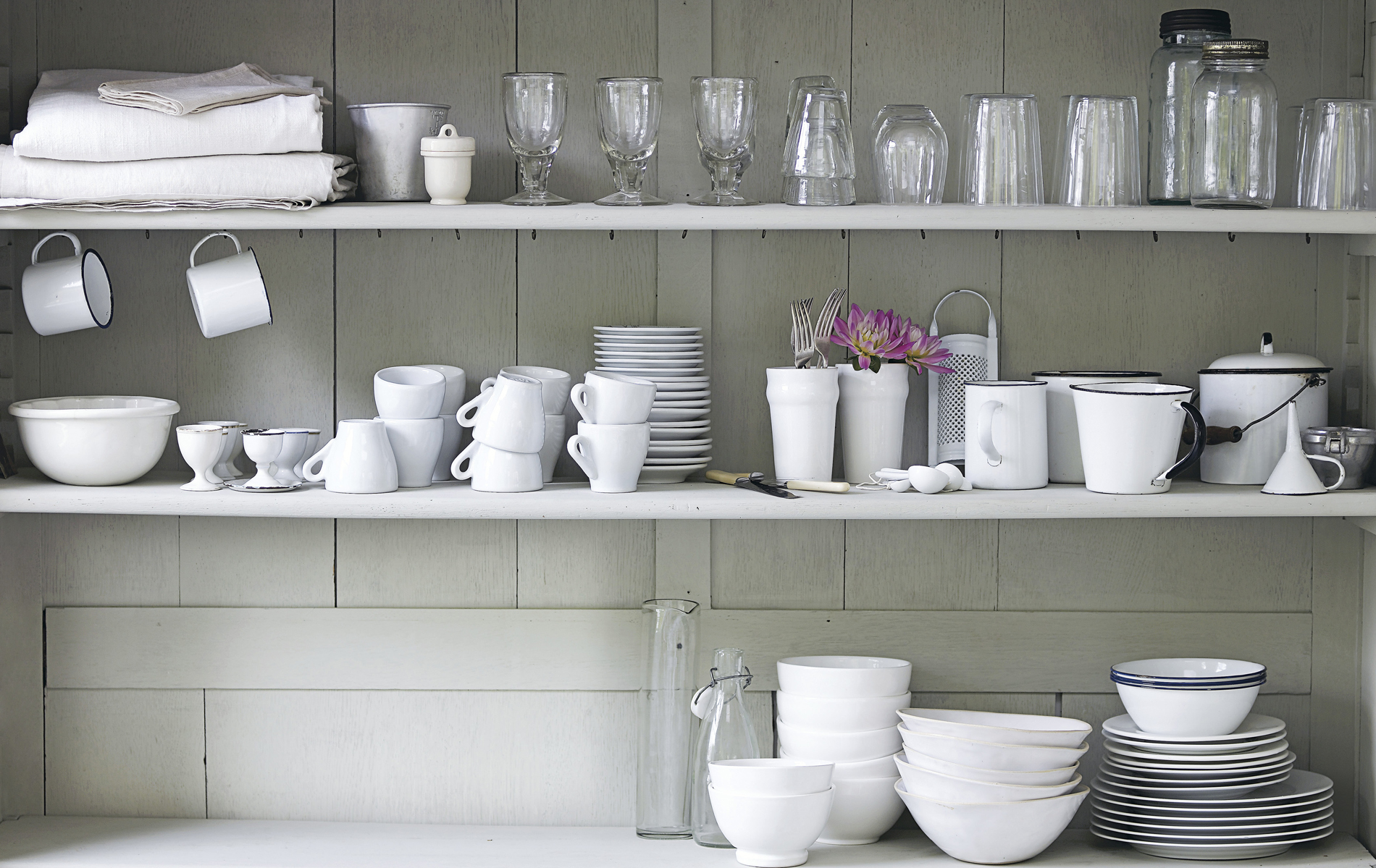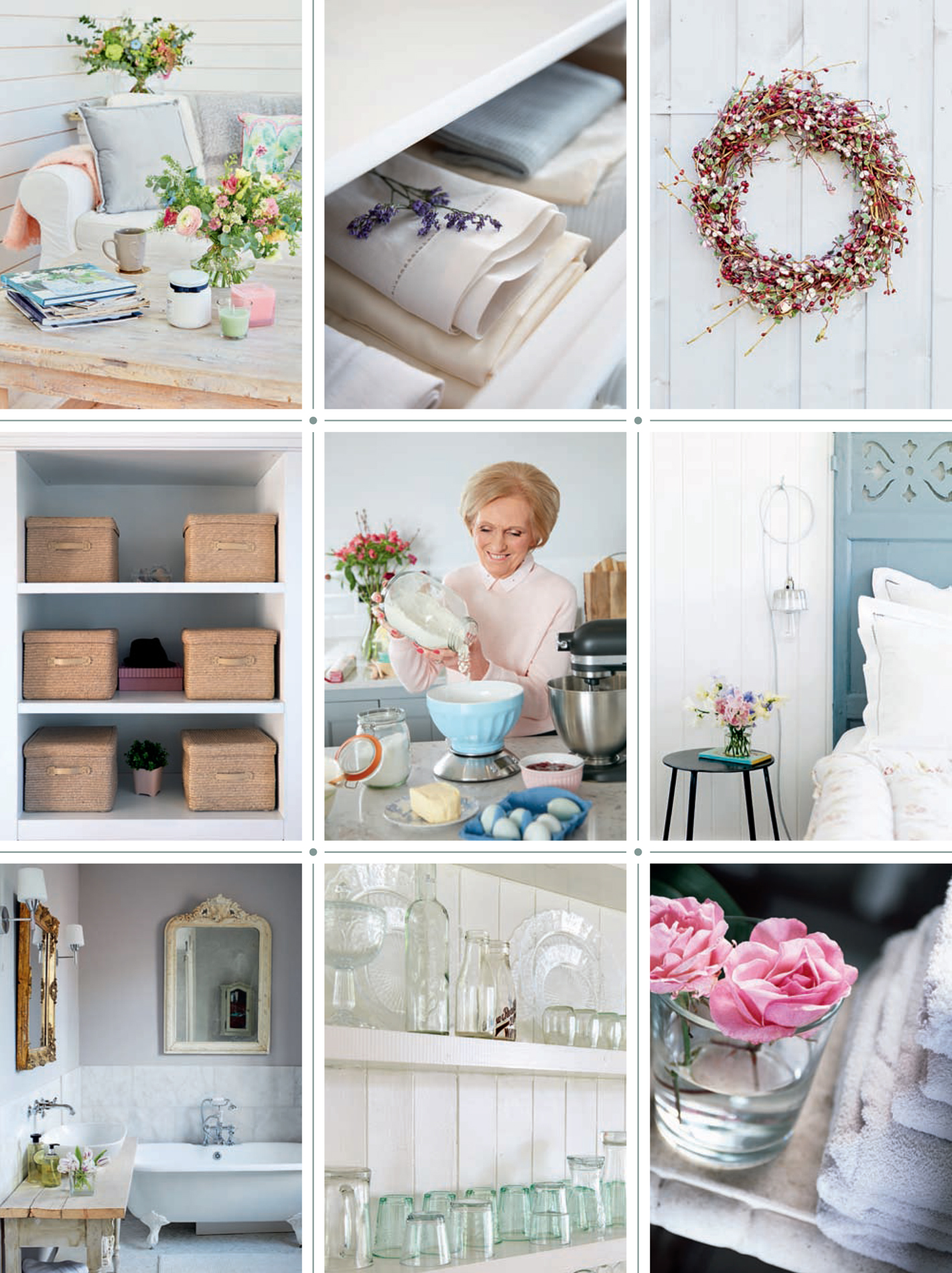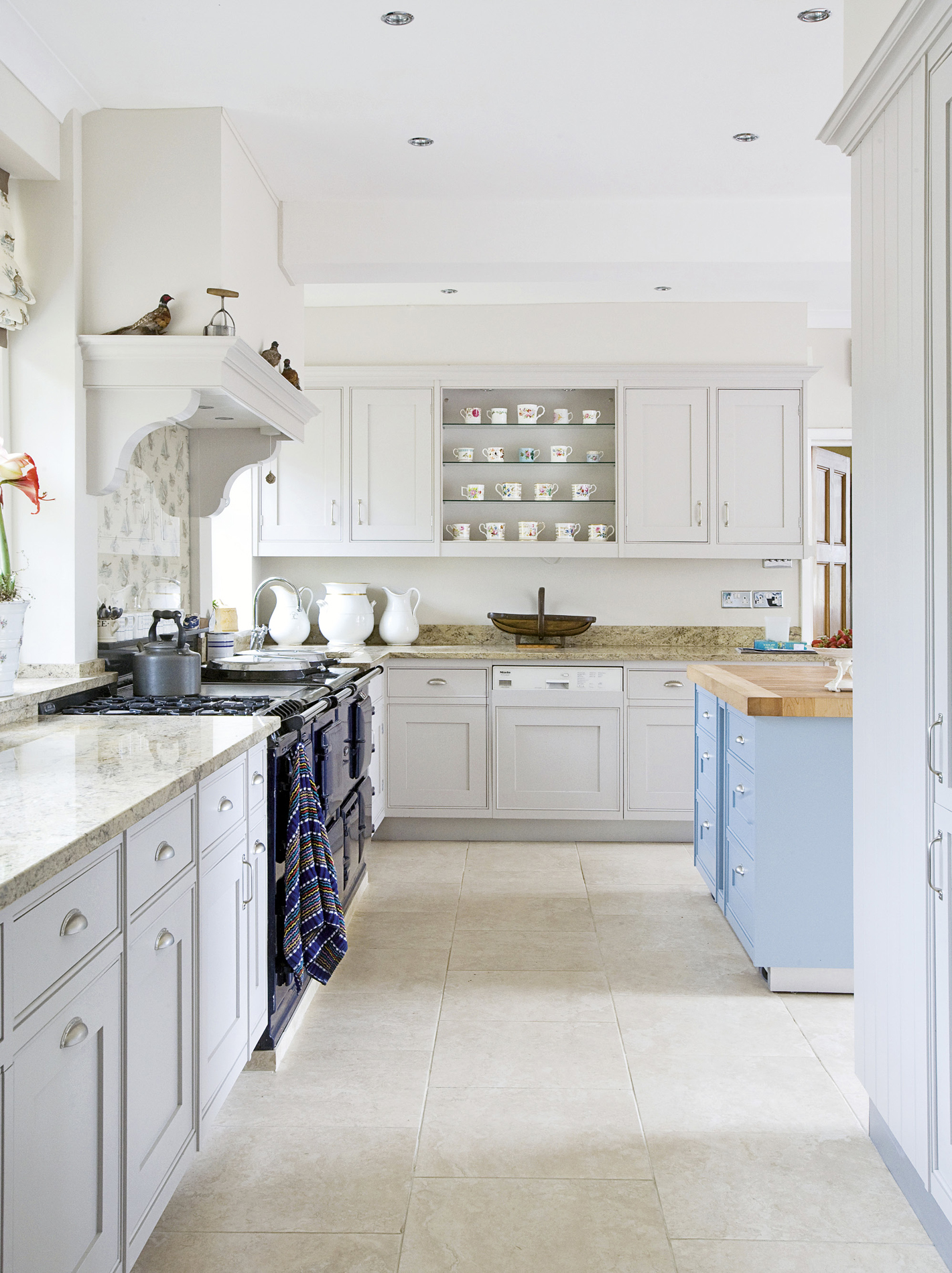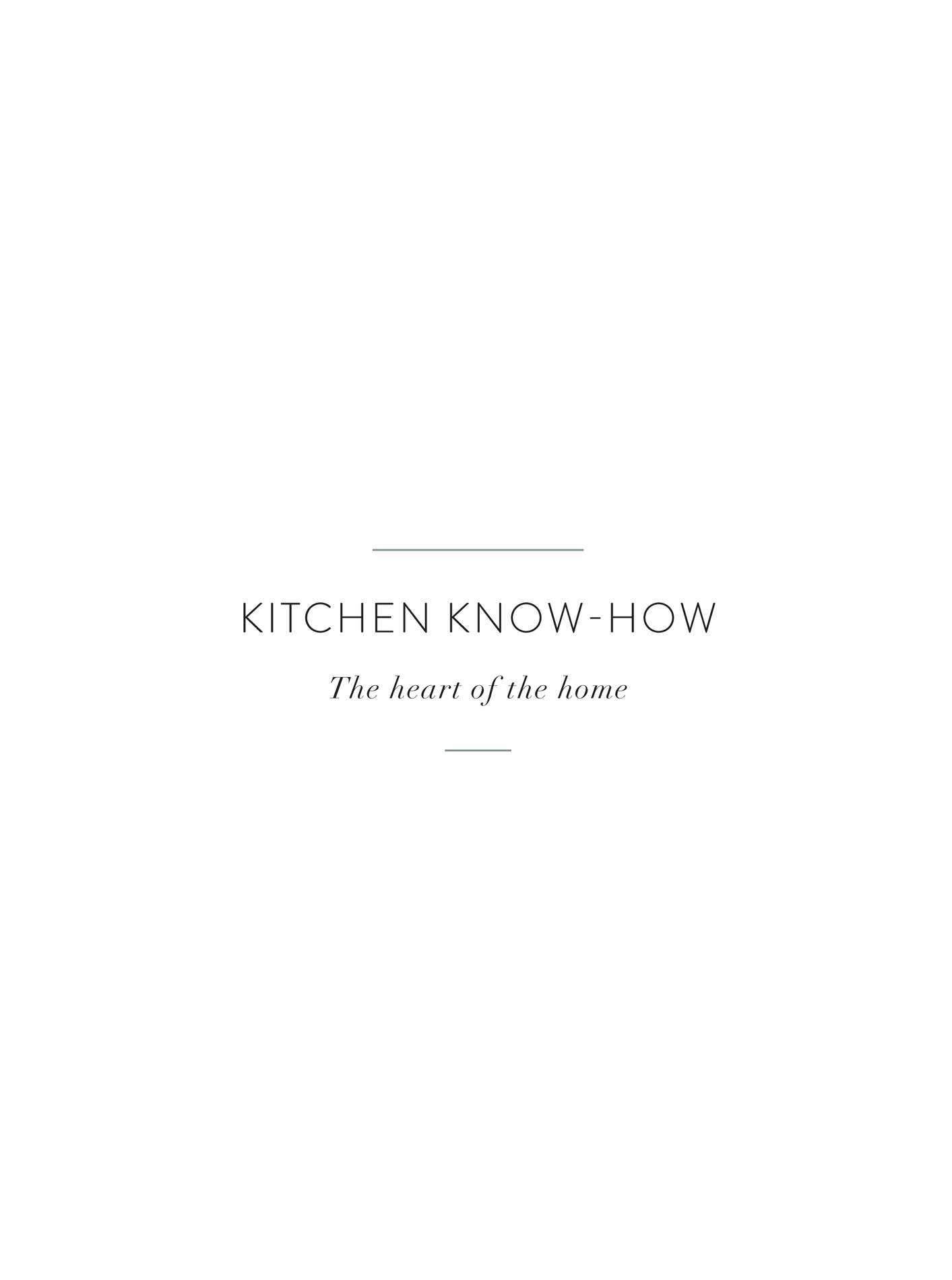Every effort has been made to ensure that the information contained in this book is complete and accurate. The naming of any product or company in this book does not imply endorsement by the publisher or authors and the omission of any such names does not indicate disapproval. Neither the publisher nor the authors can accept any responsibility for any loss or damage allegedly arising from any information, advice or suggestion in this book.
.
What follows are my tips for the home, gleaned from years of practical experience. I hope this will be a helping hand.
INTRODUCTION
Ive had a lot of time to gather tips and hints about cooking and how to run a house. When I was nineteen, I took a two-year course in Institutional Management at Bath College of Domestic Science. The focus was on catering, but they also taught us housewifery, as it was referred to then. Our principal, Miss Neilson, used to sit us down and teach us the basics: laying the table, making beds and cleaning loos, among other things. They might all sound like common sense but I am very grateful to her for the knowledge she shared!
My mother was very frugal, something that was especially important living through the war, and I learnt a lot from her. Even with rationing, we would have pudding on Saturdays this was only because my mother had said, No puddings unless you give up sugar in your tea. My focus may have been on cooking, but it has always been centred on the home. In my books and TV programmes I am always very keen on sharing tips for preparing ahead or just making a recipe easier Ive lost count of the number of times Ive written or spoken about warming lemons to make them easier to juice! This book is a natural follow-on, though it isnt just made up of my mothers tips, or mine. Its a collection of what Ive learnt over the years along with all the helpful hints that friends and family have imparted to us. People are always only too pleased to pass on a little tip Did you know that a cut onion absorbs the smell of fresh paint, they might say and I am always only too delighted to benefit from their wisdom.
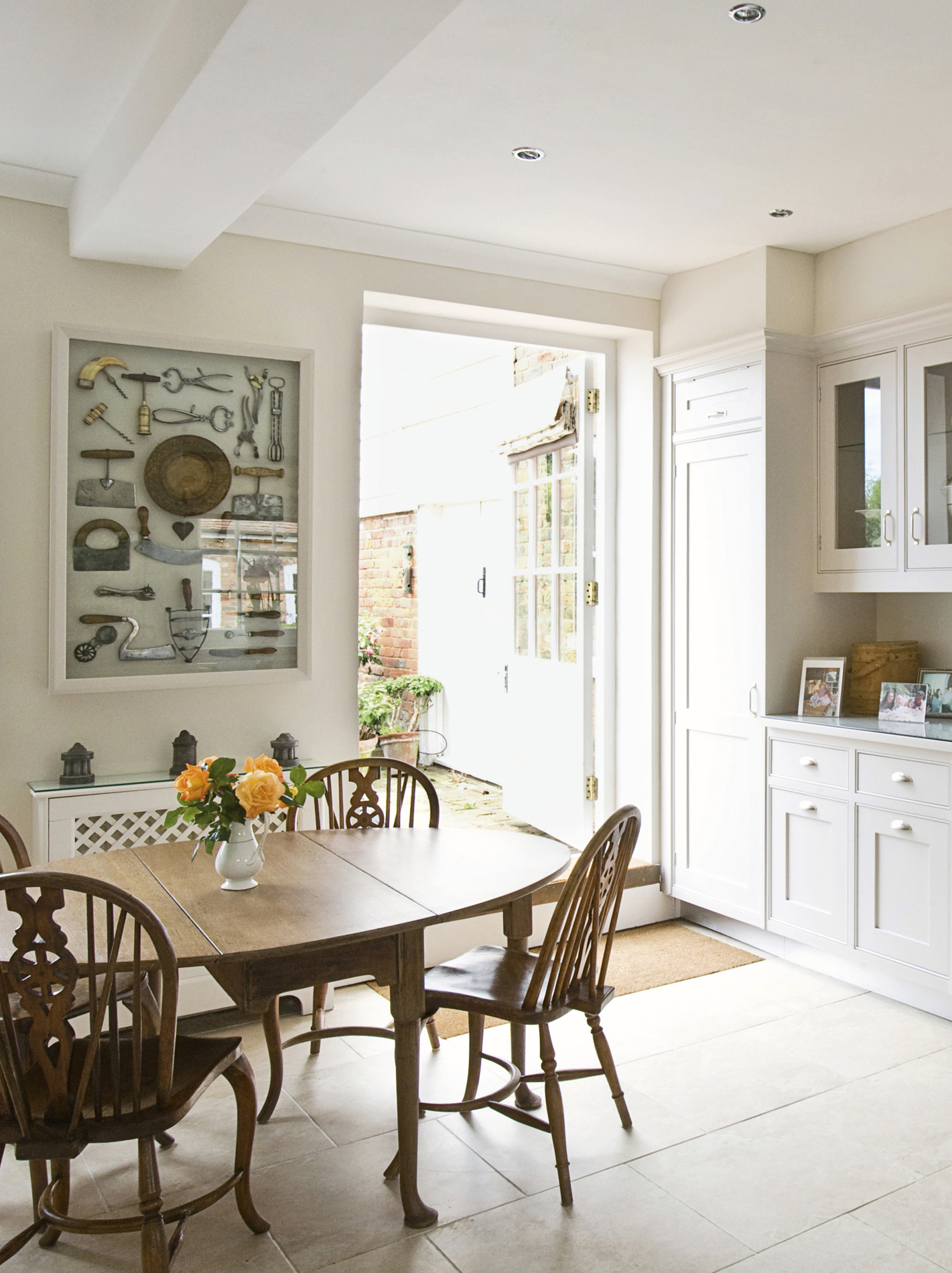
This book is about helping you with life and guiding you through chores not about creating more work, or telling you what you should do. Some of the tips may not mean anything to you, because everybodys needs are different, but anything I suggest is included on the basis that it might make life easier.
Life isnt all about stress, and if youre in a panic, sit down with a pencil and some paper and think about how you can sort it out. I find writing things down a tremendous help. Every night I create a list of things to think about the next day, because then I can get up and know what Im doing straight away. Ive learnt this from the number of times I havent looked at my diary first thing on a Monday morning, then suddenly remembered theres somewhere I should have been
What follows are my tips for the home, gleaned from years of practical experience. I hope this will be a helping hand.
A kitchen should always be practical and efficient to use, and organizing fridges, freezers and cupboards wisely will make your life easier in the long run.
In our house, the kitchen is where everyone tends to congregate: friends, family and our two dogs. Theres always something going on, or someone popping their head through the door. It is the warm centre of our home quite literally warm, thanks to the Aga! and the place where all decisions are made.
Over the years, I have planned several kitchens from scratch, so Ive got to know what works for me. In my opinion, the kitchen should be one of the nicest rooms in the house. Most people tend not to spend much waking time in their bedrooms, whereas with a large kitchen or open-plan living room and kitchen, youre in there from the moment you get up until you go to bed, and its most likely the area where your guests will spend time too. So it makes sense that it should be a very special room.
A kitchen should always be practical and efficient to use, and organizing fridges, freezers and cupboards wisely will make your life easier in the long run. Mealtimes dont have to be grand or complicated people just love good home-cooked food and washing and cleaning neednt be such a horrible chore if you stay on top of things.
STORING FOOD: FREEZERS
When I was first married, we didnt have freezers and for a long time they were a luxury item, but they are part of our lives now. People always think, But can I freeze it? Well, you can freeze anything the process stops food deteriorating, after all. That said, some things are more suitable for freezing than others because the process can affect the texture of the food. Some things really dont take kindly to freezing smoked and fatty foods (e.g. egg-based sauces such as mayonnaise, and things containing gelatine, yoghurt and low-fat cream) are examples.
When thinking about freezing, I always say: remember that what you put in is what you are going to get out. Freezing food doesnt improve it. That means that if you put a curdled sauce or a not very well-flavoured tatty pie into your freezer, well, youre going to defrost that same curdled sauce or not very well-flavoured pie.
The freezer can be a tremendous help for busy days, or times when you know you wont want to be tied to the kitchen. The key to making the most of your freezers potential is to remember that its not just a place to put things that need using up, and to really think about when you might want to have something prepared (or partially prepared) up your sleeve. Its all about making your life easier.
I find it useful to store spares of the sort of essentials I might very well run out of in my freezer:
I find semi-skimmed milk freezes best keep a litre in the freezer so you can have tea or coffee when you come back from holiday, or have surprise visitors and have run out.
Frozen peas or petit pois always cheer up a soup that looks bland or in need of some fresh veg.
A loaf or even half a loaf of bread, well wrapped up, can save the day.
Leftover gravy is so useful when youre doing chops or sausages as you can just reheat it. Im married to a man who loves gravy, so I know!
Freezers should operate at 18C or below and actually work more efficiently when they are full, as there is less space for warm air to circulate when you open the door. So get cooking!

